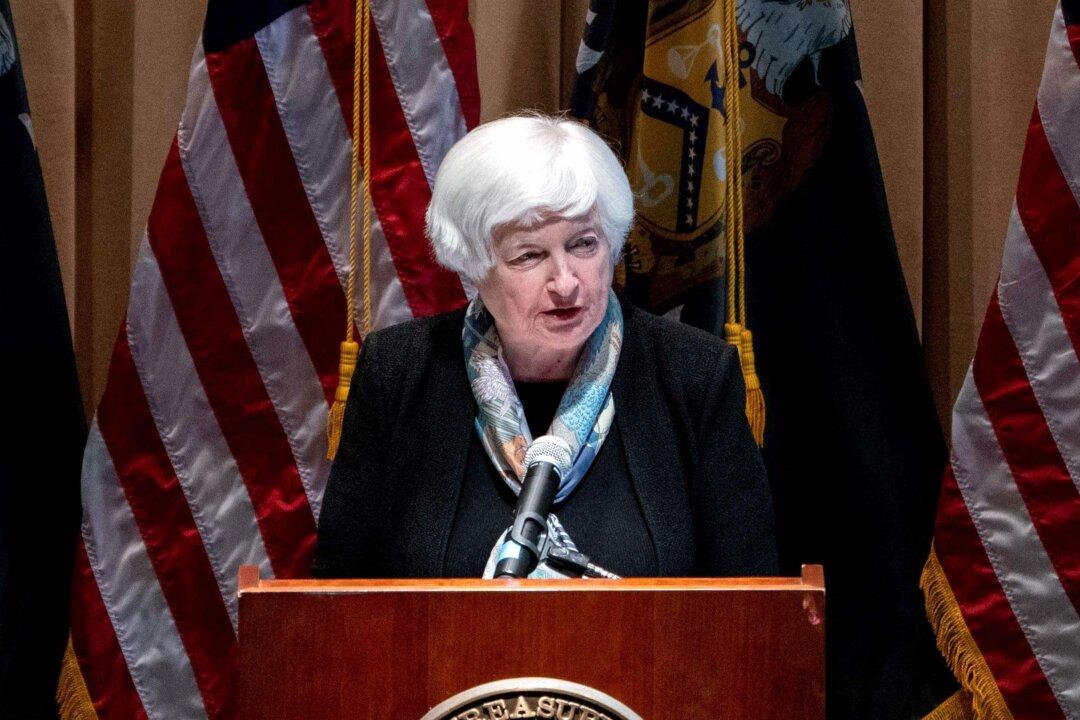The United States and China must deepen their communication and work towards mutual economic benefit, according to U.S. Treasury Secretary Janet Yellen.
The comments followed the conclusion of Ms. Yellen’s second day of discussions with Chinese Communist Party (CCP) politburo member and Vice Premier He Lifeng in San Francisco.




